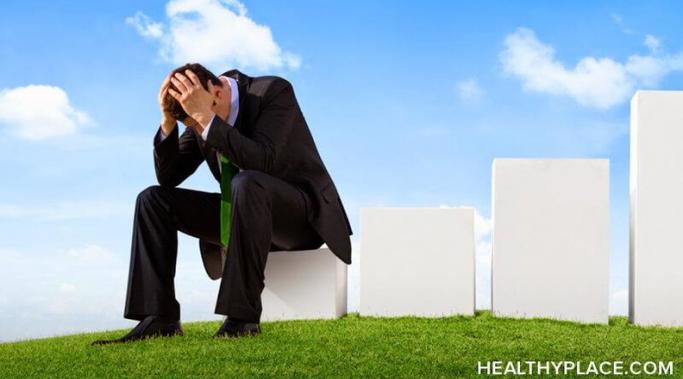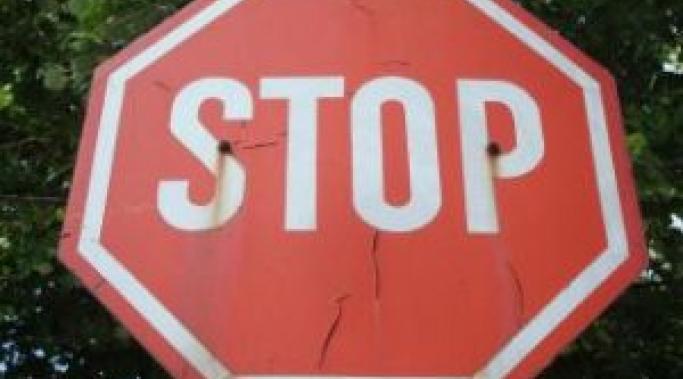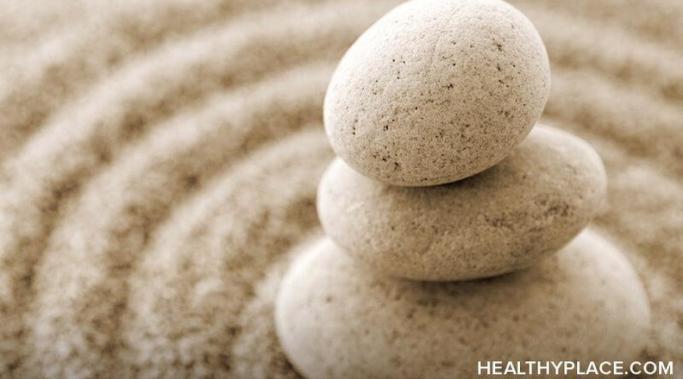Stress resilience is the ability to retain your sense of self and the form of your life in spite of being impacted by perceived threatening forces. All of us need adequate stress resilience and do well to cultivate this property in ourselves. You can do this before you recover from PTSD, and you certainly should after recovery. There are a number of fairly ordinary things you can do to increase your stress resilience, but to get the posttraumatic growth, you must actually do these things!
Trauma! A PTSD Blog
Recovery from, or prevention of, sexual assault - this is our concern, in this pair of videos. As my blog co-author, Michele Rosenthal, has told us, "‘self-efficacy’ refers to one’s ability to feel ‘effective’", and achieving that must be a part of your recovery or prevention project. She also referred us to psychologist Albert Bandura's assertion that self-efficacy derives from one's ability to feel confident in specific situations.
Last week, I wrote about what happens when we don’t forgive, and why it might be a good action to take in PTSD recovery. If you’ve come to the conclusion that you might be ready to forgive, the first roadblock to this might be not knowing how or what to do. This week, I’m following up with a very easy process that sets you on the path to forgiveness in a way that maintains your power, safety and control.
PTSD and suicide thoughts (plus how to shift them) is a topic of frequent discussion in any community of survivors struggling with symptoms of posttraumatic stress disorder. Really, how could it not be? We're asked to live inside a mind that feels crazy and a body that behaves in ways out of our control. At some point, it's reasonable for anyone to just want to be set free.
Of course, suicide is always the wrong answer. Every day, we learn more about PTSD recovery and how to heal, which means that there is always hope for feeling better. In fact, with the many approaches now available for healing work recovery is more like a Choose Your Own Adventure than ever before. It took me 10 modalities to reach the end of PTSD symptoms.
If I had given up and given in to the dark PTSD suicide thoughts a whole life would have been lost that really has been more than worth living.
When it comes to what it takes to heal PTSD, forgiveness is a topic that requires a lot of thought. On the surface, it’s easy to believe that when we forgive we condone (of course, that’s not the case!). Even if, intellectually, we know that forgiving does not excuse, it can feel that way and so we shy away from the forgiveness process.
PTSD research can be seriously misunderstood, or even incomprehensible (yes! it's true!). Yet there are some simple tactics one can use to avoid this: know what "controlled research" is trying to do; be aware of the necessarily distorted view such research tends to offer us; know the single most important statistic you need in such research to make sense of things; know the kind of research we really need (so you can recognize it when you see it); know the limitations of each of the two sorts of language research uses; and, finally, appreciate the difference between belief and knowledge.
A grounding technique is any structured practice that refocuses the mind, so that some unpleasant feeling can be reduced or eliminated and one's sense of what's real can improve. Such practices, usually acquired rather than spontaneously emerging when needed, have great value for anyone challenged with unresolved trauma memories. Fortunately, grounding techniques have value for those without unresolved trauma memories, as well.
Finding the right help in overcoming PTSD can be challenging. From a financial aspect it can consume your savings. I actually had to turn to family to help me shoulder the cost of years of treatment.
But what if you don’t have the financial resources for a full-on approach? Or, what if you do and still find it tough to get through the days between sessions?
Any sexual assault event leads naturally to a question: how can one get back one's sense of personal safety, after such a catastrophe? Michele’s July 24 blog post - PTSD and Self-Efficacy: Being Able to Protect Yourself - launches into this question, and it got a distinct reaction from me. I urgently wanted to add something to what she had to say - a male perspective on the problem of personal safety and how to achieve it.
No matter who you are, healing PTSD can be difficult. While we can pump ourselves up (and get friends and family to give us pep talks) sometimes in those moments you're all alone you just need a go-to list of places to give yourself an infusion of calm, hope, inspiration, motivation and even, a little bit of love.
In everything I've written about here over the past year, I've never done a post that gives you a list of resources, so this will be the first one!








